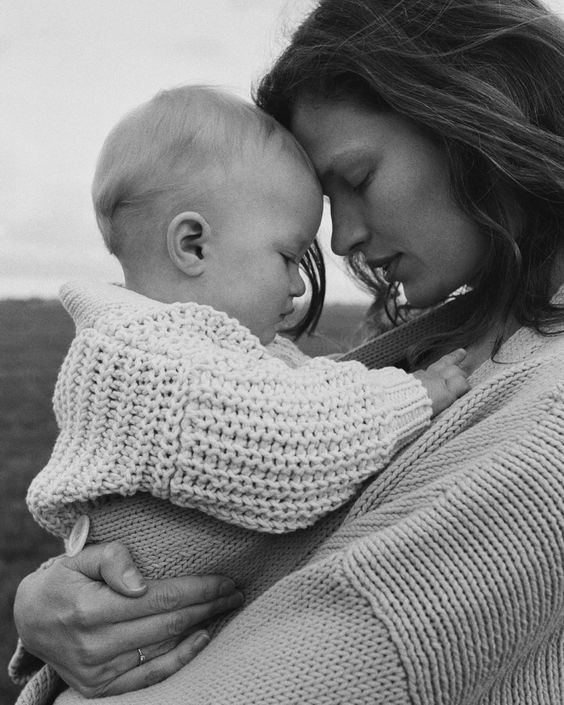
Hey mama,
I want to talk to you today about something that we don't discuss enough: Postpartum Depression. I know becoming a new mom is such a special and amazing time, but it can also be really tough. It's totally normal to experience a full range of emotions but sometimes those emotions can become really intense and last longer than just a few weeks. That's when it's important to recognize the signs of postpartum depression (PPD).
Signs of postpartum depression and/or anxiety:
- Feelings of hopelessness, sadness, or emptiness
- Excessive self-blaming, guilt and shame
- Feeling scared or panicky for no real reason
- Not being able to cope with life situations
- Difficulty sleeping (when you do finally have time to sleep)
- Excessive crying
- Thoughts of harming yourself
- Changes in appetite (more, or less)
- Feeling overwhelmed, excessively worrying about their baby's health or the future, and feeling constantly on edge.
- Irritability and mood swings
- Difficulty concentrating
- Physical aches & pains
When my first child was born, I felt so isolated and alone. I was overwhelmed by the constant demands of a newborn and struggling to adjust to my new role as a mom. I felt like I was failing at everything and that I just couldn't do it anymore. It took a lot of courage for me to admit that there was more to my feelings and struggles than just the "baby blues," and to reach out for help.
When I finally mustered up the courage to talk to my doctor about what I was going through, I was relieved to find that they were understanding and supportive. Together, we came up with a plan and day by day, I began to feel more like myself and more equipped to handle the demands of motherhood. It wasn't easy, but seeking help was the best decision I ever made.
Seeking support
I know it can be tough to talk about PPD with people around us because of the stigma and taboo surrounding it. I remember feeling like I couldn't tell anyone what I was going through because I was afraid of being judged or seen as a "bad mother." But the more I kept it to myself, the worse I felt. I just want you to know that it's totally okay to talk about PPD and to seek help. You are not alone in this and you are definitely not a failure.
As mothers, we must support each other and have open and honest conversations about our challenges. PPD is something that many of us go through, and it's crucial that we don't suffer in silence. PPD is a common and treatable medical condition and it's nothing to be ashamed of. By talking about it and seeking support, we can help each other get through this tough time and come out stronger on the other side.
So, what can you do to help manage your postpartum depression?
Talk to your doctor or a mental health professional.
They can help you develop a treatment plan that's right for you. This may include medications to help with your symptoms, or therapy to help you understand and work through your feelings.
Take care of yourself.
This can be hard when you're a new mom, but it's important to try to get enough sleep, eat well, and take breaks when you can.
Ask for help.
It's okay to ask for help with tasks like housework or taking care of your baby. This can give you time to rest and recharge.
Find your village.
There is a community of mothers who are also going through this journey and are ready to listen and support you... It can be helpful to talk to other moms who have gone through postpartum depression. They can offer support and understanding, and it can be comforting to know that you're not alone.
Make time for self-care.
This might mean going for a walk, getting a massage, or doing something you enjoy. It's important to take care of yourself and find ways to relax and recharge.
Don't be afraid to seek support.
There are many resources available to help moms who are going through postpartum depression. This can include support groups, online communities, and hotlines where you can talk to someone who understands what you're going through
Take things one day at a time.
You don't have to go through this alone. And remember, taking care of yourself is just as important as taking care of your little one. Finally, try to be patient with yourself. It takes time to heal and recover from postpartum depression, and every mom's journey is unique. Trust in your own strength and resilience.
You got this, mama!


